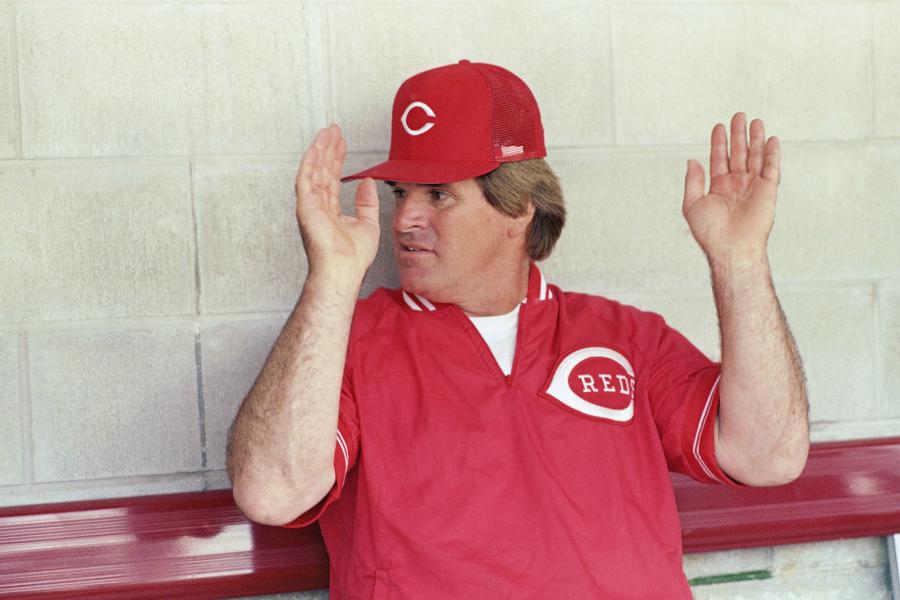
Pete Rose case provides a solution to MLB’s newest gambling controversy
It’s time for the key figures in major professional sports to take action to address the gambling issue once and for all.
Ironically, Pete Rose would play a role in the solution, but it would also require everyone to receive higher pay for winning games.
This idea emerges as Major League Baseball has banned or suspended multiple players, including Arizona Diamondbacks’ relief pitcher Andrew Saalfrank, for betting on baseball.
“He made a bad decision,” Arizona manager Torey Lovullo said Tuesday. “… We have to protect the integrity of this game.”
Saalfrank, Oakland pitcher Michael Kelly, San Diego pitcher Jay Groome, and Philadelphia infielder Jose Rodriguez were each suspended for a year for betting on baseball. San Diego infielder Tucupita Marcano, on the other hand, was banned for life.

They are merely the latest instances in a scandal that has implicated the sport’s biggest star, Shohei Ohtani, whose interpreter pleaded guilty to stealing money from the two-time MVP to cover significant gambling debts.
The NFL has also suspended players for gambling at team facilities, and the NBA has banned a player for betting on games in which he participated.
These incidents are precisely what observers and fans feared when sports betting expanded beyond Las Vegas following a 2018 Supreme Court decision that led to the creation of a multibillion-dollar industry.
But what if leagues were restructured to reward winning?
For example, what if any player, anywhere, and at any time, was allowed to bet on their team to win? What harm would come from that?

What if leagues started paying more to winning organizations? Not just players, but also staffers, managers, coaches, and front-office employees?
Imagine everyone receives their regular salary, but there’s a bonus for finishing the regular season with a .600 winning percentage, another bonus for a .700 winning percentage, and so on, perhaps funded by revenue from gambling companies.
The bonus structure would naturally include additional rewards for playoff appearances and championships.
Currently, sports contracts often include incentives for individual achievements, but what if the focus shifted to team goals?
Let’s call it the “Pete Rose Plan.”
Rose, of course, was banned for life for betting on baseball.
“I’ve been suspended over 30 years,” Rose said last year in an interview with Forbes. “That’s a long time to be suspended for betting on your own team to win. And I was wrong. …”
But was he?
Don’t people own stock in the companies they work for? Is that so different from betting on your own team to win?
“Time usually heals everything,” Rose said. “It seems like it does in baseball, except when you talk about the Pete Rose case.”
Maybe it’s time for that to change. Are enough people ready to consider the possibility that Rose was right all along?
The NBA has a similar concept with its in-season tournament (which could use a new name). Players get prize money for reaching the championship game.
If you think athletes are paid enough already, that’s a valid point. But what if any player making more than, say, $10 million a year, put their prize money into the pockets of players, coaches, team staffers, and others who earn significantly less?
The specifics can be ironed out, but the general idea deserves discussion.
What’s wrong with rewarding winning? Why not let a player bet on himself to succeed in a crucial moment? Or what if field-goal kickers were required to bet on themselves to make game-deciding kicks?
If this plan becomes a reality, which it should, what’s wrong with welcoming Charlie Hustle back and letting him into the Hall of Fame?
“The Pete Rose Plan” could potentially resolve the gambling issue in professional sports once and for all.







